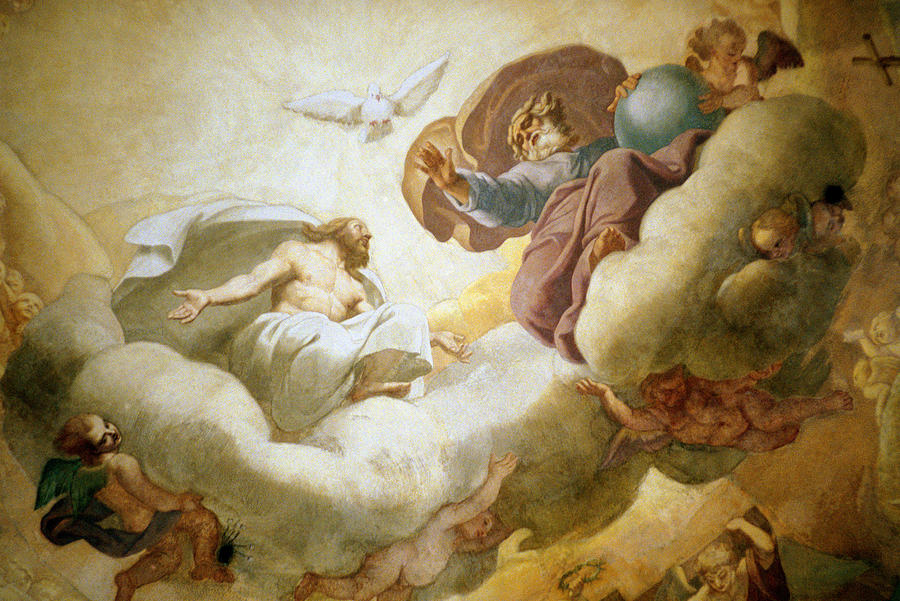Dear Parishioners & Visitors,
Master, to whom shall we go?
There are words and situations in our lives that are hard to take because they are difficult to understand or because they are painful, or both. This is precisely what some of the disciples of Jesus were going through after Jesus had revealed to them that He is the true bread and that they needed to eat his flesh to gain eternal life. As a consequence, many of Jesus' disciples went back to their former way of life and they did not follow Jesus anymore. Most of us, at some point or another have to face teachings and doctrines that are hard to take and difficult to understand. They can only be embraced in faith, trusting that the Lord does not only want for us what is good but what is best.
Also, there are painful situations in the Church that discourage us. There are painful moments when we face our own personal sins or the sins of others and like some of the disciples, we also want to leave. This is precisely the pain that many Catholics are experiencing due to the new findings related to the scandals of some leaders of the Church. I ask your forgiveness for the pain that has been caused. I Pray for healing.
At this time, when we all are struggling with disappointments and doubts, the Gospel invites us to hold fast to the hope offered by Peter in his response to Jesus: "Master, to whom shall we go? You have the words of eternal life. We have come to believe and are convinced that you are the Holy One of God" (John 6:68-69)
Fr. Jorge Rativa, O.P.
















